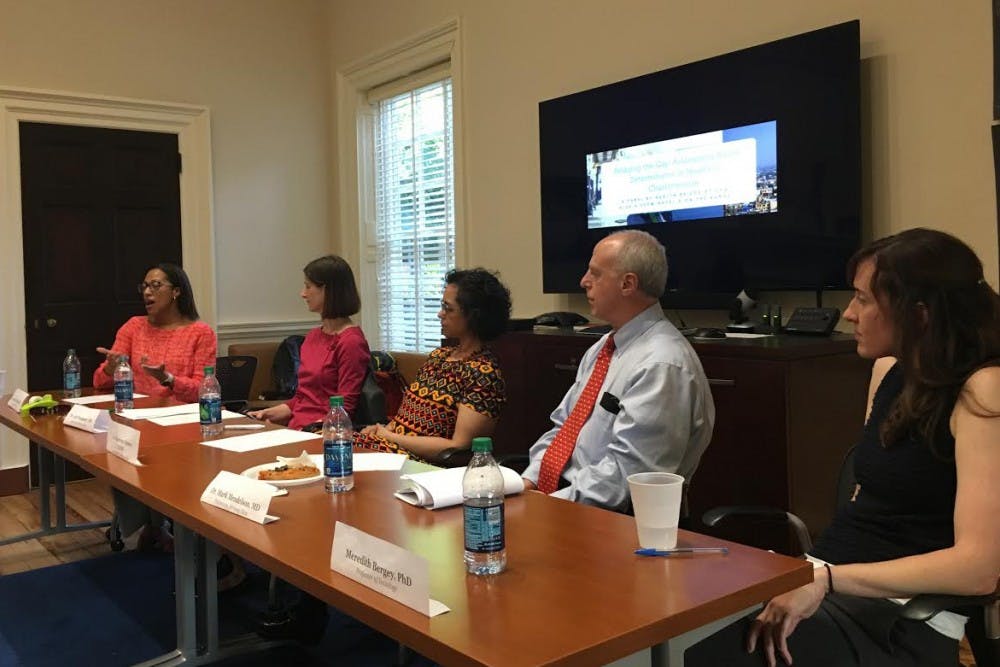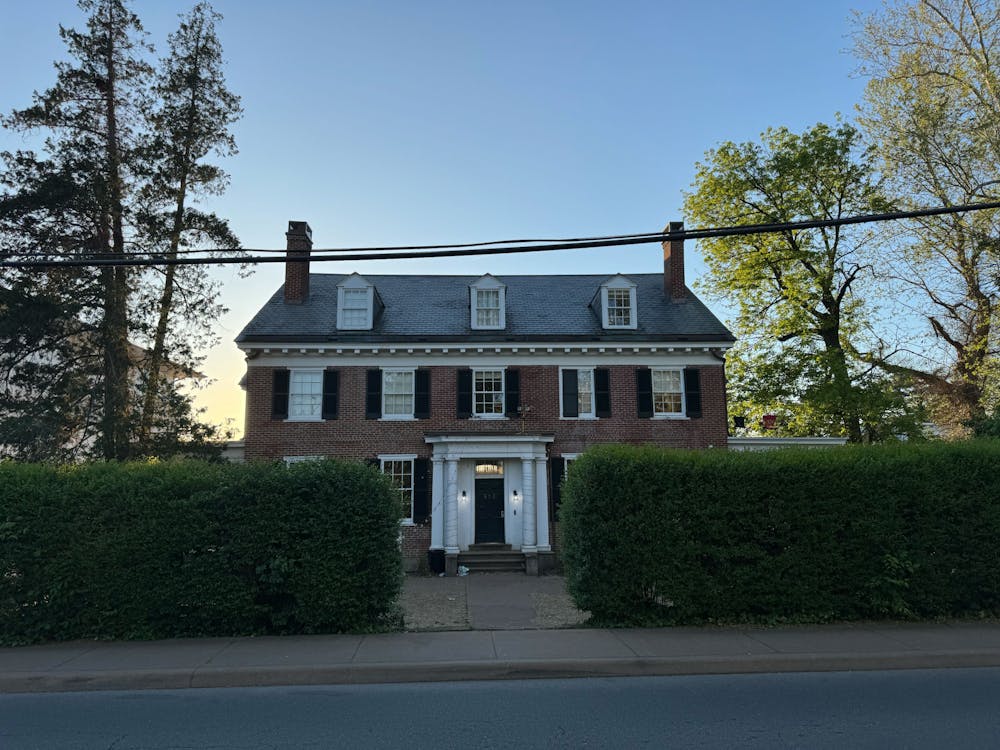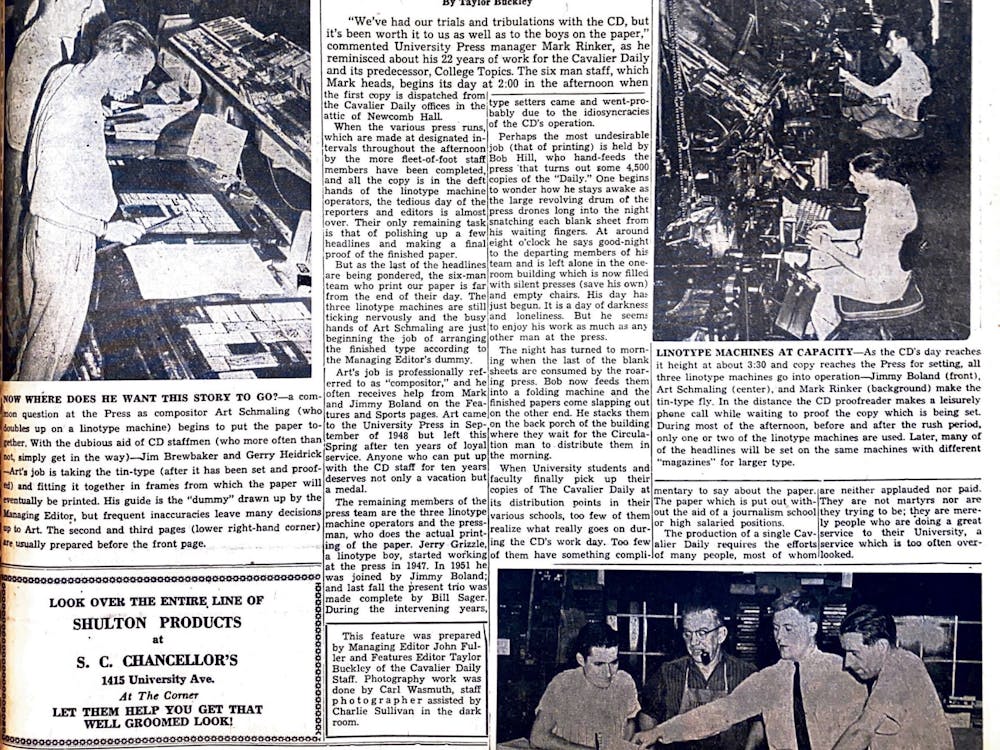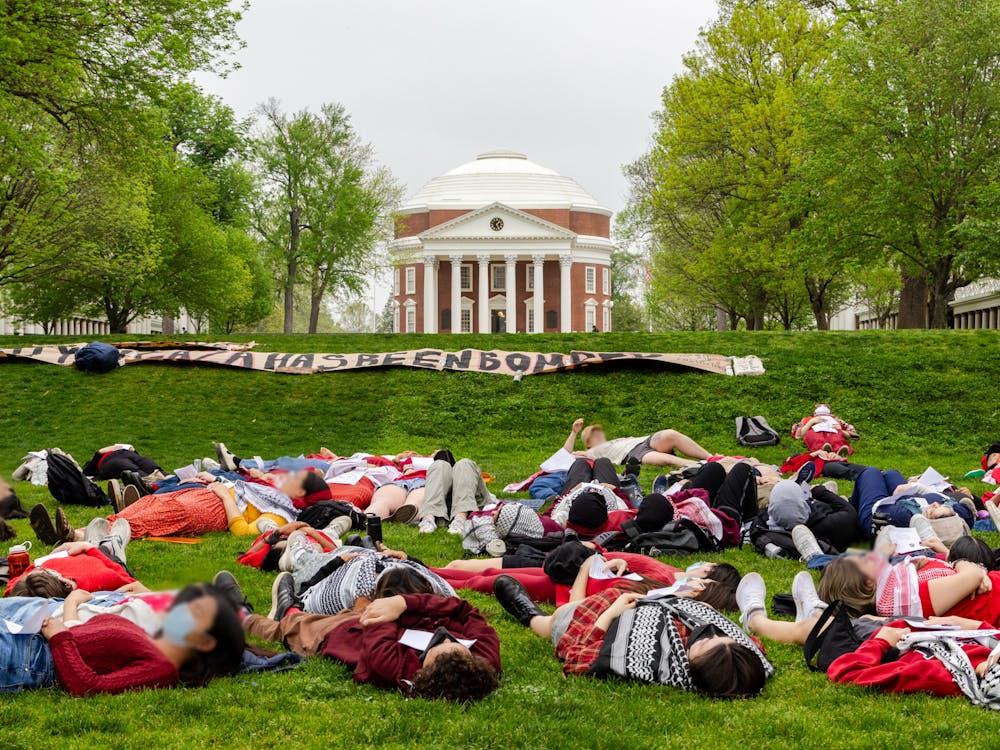Health Bridge, a new health volunteer organization at the University, hosted a panel on social determinants of health April 26. The panel was held at Global Grounds, and approximately 30 people attended the event.
The panelists included two clinicians from University Children’s Hospital, two University professors and a clinical social worker. The panelists spoke for an hour, and focused primarily on encouraging students to do two things: to recognize and pay attention to the social context of individuals in health care, and to not be afraid to try to reach out to health care professionals with innovative ideas and implement change.
Dr. Amy Wrentmore, a pediatric doctor at University Children’s Hospital, discussed how clinicians have been attempting to confront economic disparities in health care.
At the University’s Pediatric Clinic, families fill out a questionnaire during their visit, which helps clinicians to learn what issues families may be facing, Wrentmore said.
“It helps us to learn about the families, but it also helps us to learn how we can help those families,” Dr. Wrentmore said. “What we’ve noticed is that families are often more willing to check off a box on a questionnaire than to answer us yes or no in person. It’s really made us more aware of the resources these families are looking for.”
Liz Ramirez-Weaver, a licensed clinical social worker at the pediatric clinic, discussed how living in rural areas is an important social determinant in health care provision. Families living in rural areas lack the transportation and infrastructure necessary to get them the health care they need, Ramirez-Weaver said. She advised students to start thinking about the larger social context low-income families live in.
Sociology Lecturer Meredith Bergey discussed the perpetuating cycle of poverty leading to poor health which she said subsequently leads to even greater poverty.
Harrison Boyce, a third-year Curry student, said he noticed this perpetuating cycle while volunteering at the University’s Children’s Hospital last year.
“What you see with a lot of families is recurring patients, families come back with similar health issues, stemming from malnutrition, bad living environments, and kids keep ending up in the hospital, which is a huge emotional and financial strain on families,” Boyce said. “I think that lead to our desire to help what is currently a huge problem in the community.”
Boyce and third-year Curry student Joey Michel decided to start Health Bridge last year after watching a video in Prof. Bergey’s class.
“We watched a TED talk about Health Leads, which started at Brown University, and Joey and I looked at each other after class and realized this was something we wanted to dedicate the rest of our lives to, or at least the rest of our time at the University. However, Health Leads wasn’t interested in expanding, so we kind of decided to just do it ourselves,” Boyce said.
“The basic principle behind Health Bridge is to make medicine less of just pill or shot, and more of expanding services beyond the clinic,” Michel said.
Lauren Greenwood, a second-year College student, and Matt Salit, a second-year College student, became involved with Health Bridge through an engaged learning class, a University resource aimed to connect students to hands-on projects. Since she became involved, Greenwood has been shadowing social workers on a regular basis.
“My view of health is changing everyday. I’ve started asking myself, what social context am I missing? My eyes are continually broadening, and that’s an experience you don’t get in the classroom,” Greenwood said.
The panelists commended the four students who organized the event, encouraging students to consider their own strengths and actively pursue their own role in making a change.
“Don’t wait for someone else to inspire you,” Ramirez-Weaver said. “Ask yourself what you want to do — be that change. Be that person who gets angry or fired up to do something. Don’t just sit around waiting for things to happen, but take charge of your own thoughts, and put them into action.”





